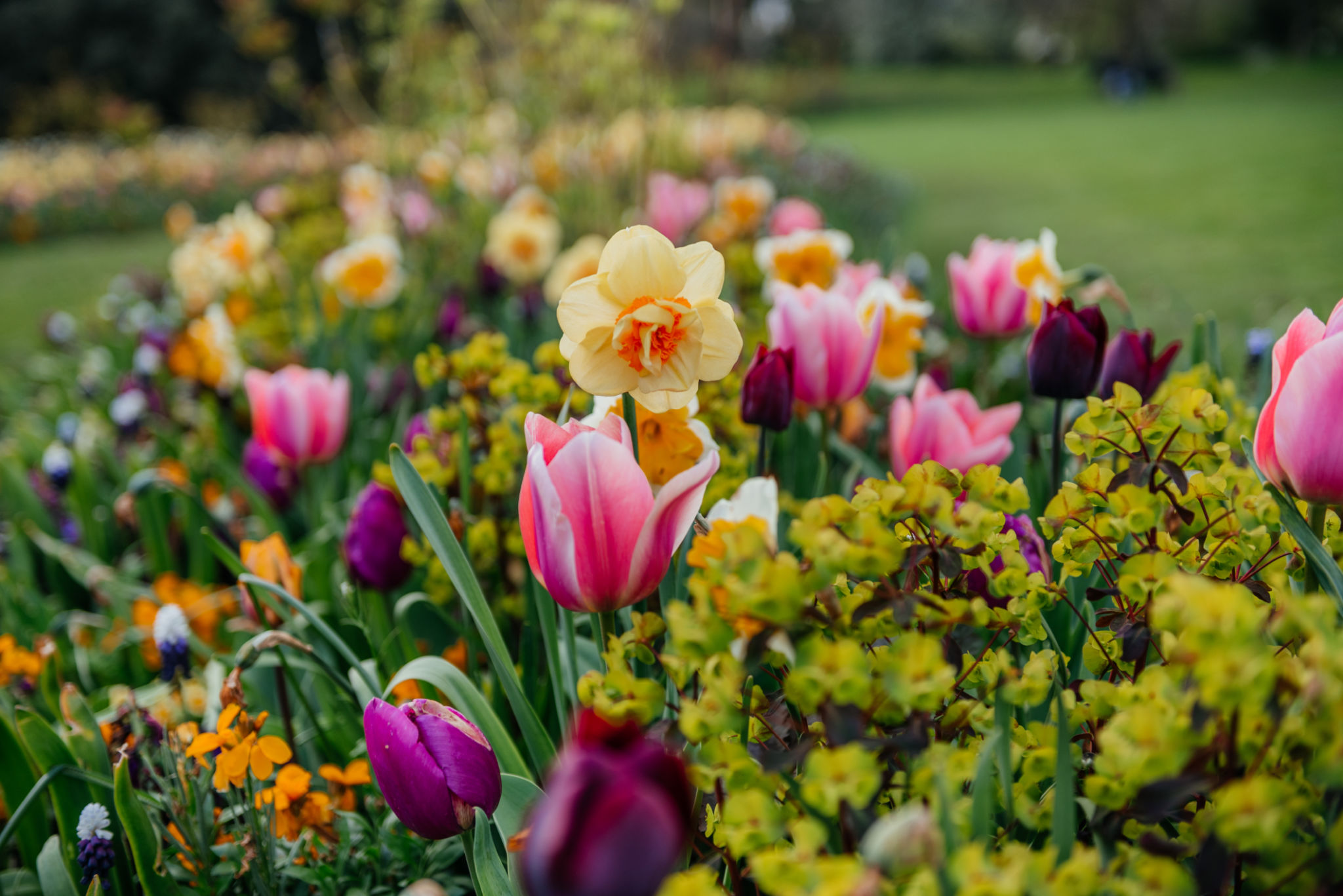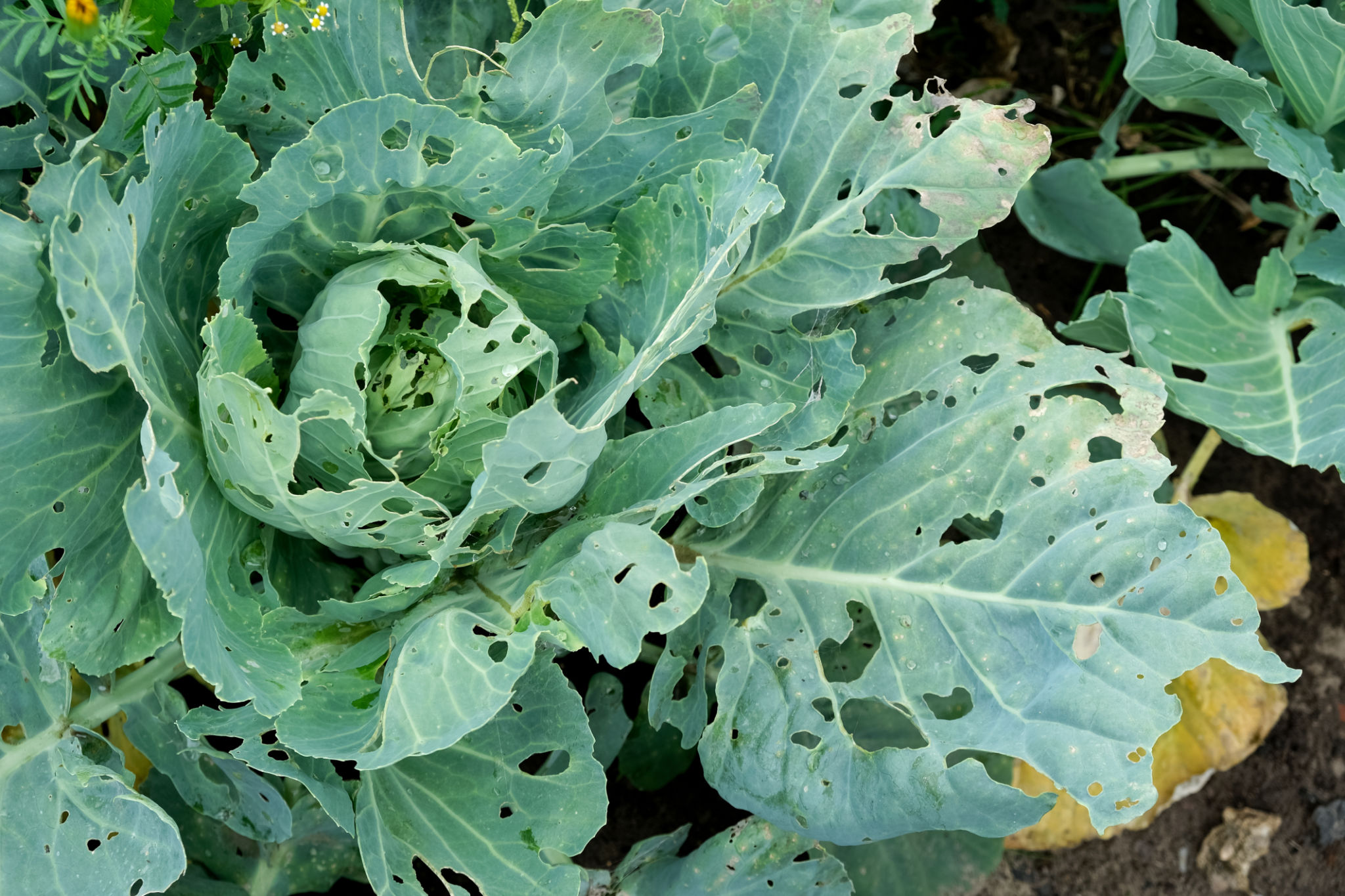Preparing Your Chicago Garden for Spring: Essential Steps and Tips
Understanding Chicago's Spring Climate
Chicago's spring weather can be unpredictable, with fluctuating temperatures and sporadic rainfall. As you prepare your garden for the warmer months, it's essential to keep these conditions in mind. Knowing when to start planting is crucial, as late frosts can potentially damage young plants. Typically, the last frost date in Chicago is around mid-April, but it's always wise to keep an eye on local forecasts.

Cleaning Up Your Garden
Before you begin planting, it's important to clear your garden of any debris that may have accumulated over the winter months. This includes fallen leaves, twigs, and any dead plants left over from last season. Removing this debris helps prevent pests and diseases from overwintering in your garden. Additionally, it allows you to assess which areas need attention and improvement.
Once your garden is clean, consider testing your soil's pH level. Chicago's soil can vary widely, and knowing its condition will help you amend it accordingly. Most plants thrive in neutral soil, so adjust the pH with lime or sulfur if necessary.
Pruning and Dividing Perennials
Early spring is an excellent time to prune shrubs and trees to remove dead or damaged branches. This encourages healthy growth and improves the overall appearance of your plants. Be sure to use clean, sharp tools to make precise cuts.

If you have perennials in your garden, now is the time to divide them. This not only helps control their size but also promotes vigorous blooming. When dividing perennials, ensure each section has a healthy root system and replant them promptly in nutrient-rich soil.
Planning and Planting
With your garden prepared, it's time to plan what you'd like to plant this spring. Consider a mix of flowers, vegetables, and herbs that thrive in Chicago's climate. Some popular choices include daffodils, tulips, lettuce, and kale. Creating a planting schedule can help you stay organized and ensure that everything gets planted at the optimal time.
When planting seeds or seedlings, pay attention to each plant's specific needs regarding sunlight, water, and spacing. This ensures a healthy and productive garden throughout the growing season.

Mulching and Watering
Applying mulch is a crucial step in preparing your garden for spring. Mulch helps retain moisture, suppress weeds, and regulate soil temperature. Organic mulches like shredded bark or straw are excellent choices for Chicago gardens. As temperatures rise, mulch will help keep your plants happy and hydrated.
Watering is another key consideration in spring gardening. While Chicago receives a fair amount of spring rain, it's important to monitor your plants' water needs, especially during dry spells. Early morning watering can reduce evaporation and ensure that water reaches the roots where it's needed most.
Monitoring Pests and Diseases
As plants begin to grow, keep a vigilant eye out for pests and diseases. Common garden pests in Chicago include aphids, slugs, and snails. Use organic pest control methods whenever possible to protect beneficial insects like bees and ladybugs.

Disease prevention starts with proper plant care and hygiene. Ensure good air circulation between plants and avoid overhead watering to reduce the spread of fungal diseases. If you notice signs of disease, act quickly to remove affected plants or apply appropriate treatments.